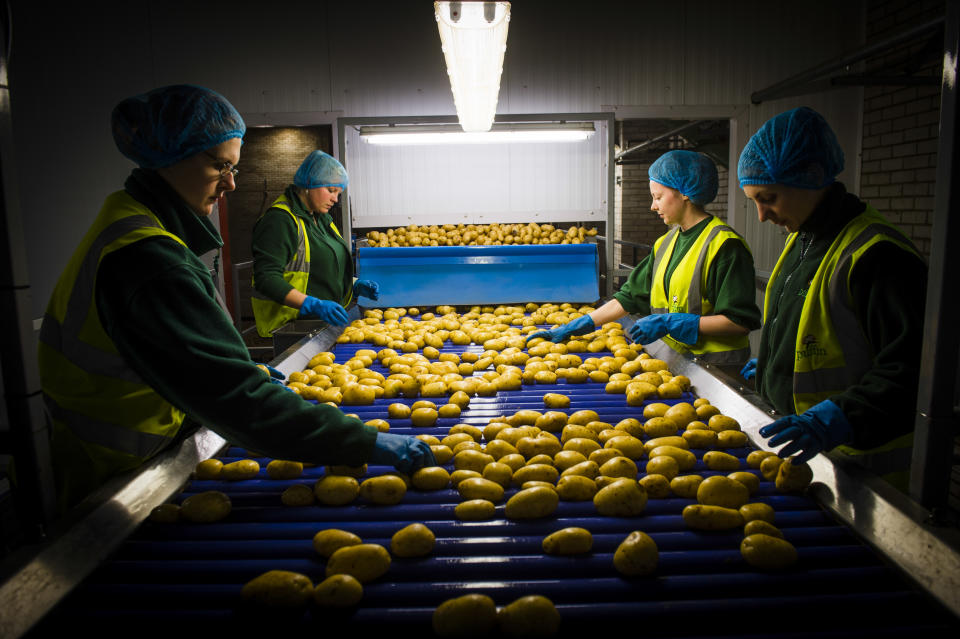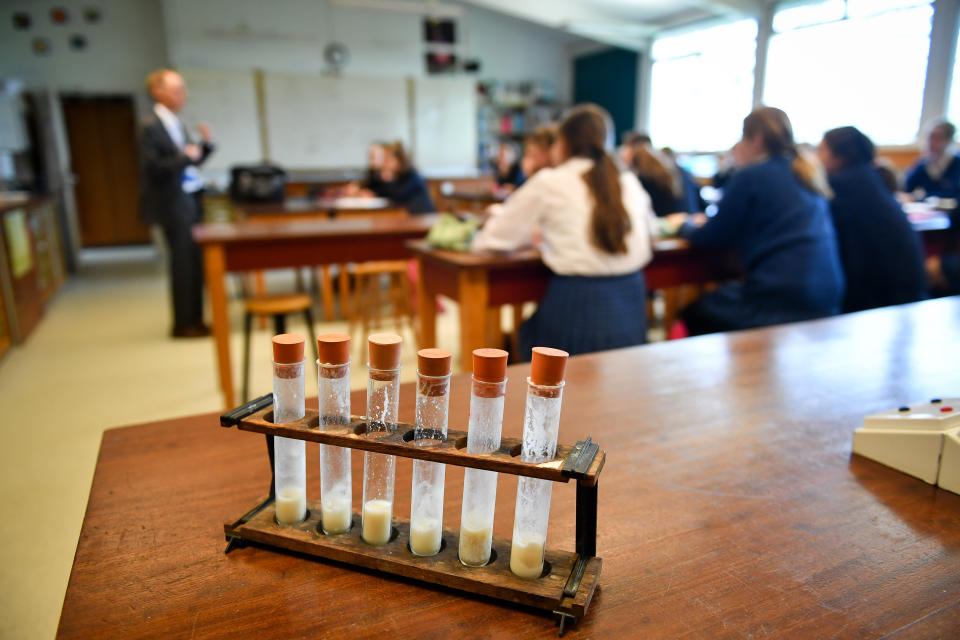Women twice as vulnerable to losing jobs to robots in the UK

Women are more than twice as vulnerable to losing their jobs to automation as men, according to a new report.
Almost one in 10 working women is in a role with a “high potential” for technology to replace human labour, according to the Institute for Public Policy Research (IPPR).
The left-leaning think tank warns the rise of robots, artificial intelligence and cognitive technologies could risk widening gaps in pay and wealth between men and women.
The roles most at risk include kitchen and catering assistants, cleaners, packers, waiters and bar staff, according to IPPR analysis of government figures.
It calls for government intervention just a day after Britain’s trade unions slammed Britain’s “appalling” record of helping workers and areas hit by rapid and destructive industrial change in the past.
It says technological change and growing global competition has already left its mark in economic decline in parts of Britain and the US, fuelling support for Brexit and Donald Trump.
READ MORE: The UK government is recruiting post-Brexit trade negotiators in schools
“In the same way, future waves of technological change will reshape political identities and how people feel the economy is working for them,” says the report, published on Tuesday.
But the IPPR says “technology is not destiny” as it demands greater support for women to ensure automation does not mean job losses or rising gender inequality in the future.
Its proposals include retraining for new jobs, increasing female takeup of ‘STEM’ subjects in schools and presence in the tech industry and introducing a higher minimum wage to pressure firms to improve productivity.

READ MORE: Richard Branson warns pound will sink to value of dollar on no-deal Brexit
The report suggests migrants, lone parents, young people and anyone working part-time are also more likely to be in jobs that could be automated in future.
But the think tank says automation could raise pay in low-paid sectors “if businesses were offered support to adopt automating technologies, and workers are able to lead the process.”
It also says automation could mean new jobs or even allow people to work less.
“The impact depends on who is able to access the new jobs, what happens to pay and conditions in the jobs that do stay or which are created, and how the ‘plenty’ created by higher productivity is distributed and in what form.
“Without policy intervention, automation risks reproducing and amplifying existing inequalities within the economy,” the report warns.
Carys Roberts, IPPR chief economist, added: “With intervention, everyone including women can share in the productivity gains that automation brings - both financially and in the form of time outside work - and can access the good jobs in the future economy.
“A more gender-equal future will not happen spontaneously.”

 Yahoo Finance
Yahoo Finance 